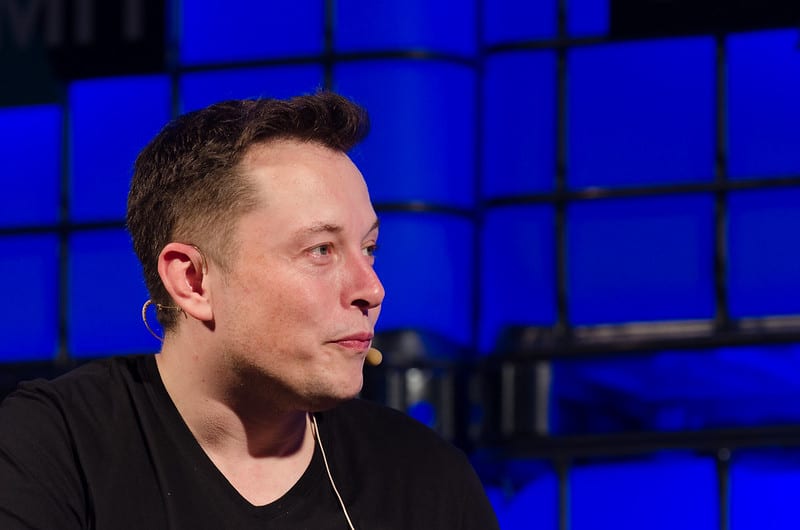On Tuesday, OpenAI shared emails suggesting that Musk–who is currently suing the company for “abandoning its mission” as a non-profit–actively encouraged the company to find new ways to monetize its artificial intelligence products.
OpenAI has responded to Elon Musk’s claims that the company abandoned its original mission of profitless research, releasing a series of emails that suggest Musk himself played a critical role in the decision to monetize its artificial intelligence products.
According to The New York Times, OpenAI shared the emails in a blog post uploaded earlier this week—the latest escalation in a feud between Musk and the country’s leading artificial intelligence center.
In its post, OpenAI said that it now plans to file a motion to have Musk’s lawsuit dismissed in its entirety.
Musk, adds The New York Times, filed a complaint against OpenAI and its chief executive, Sam Altman, late last Friday. In it, Musk alleged that OpenAI had committed breaches of contract by prioritizing profits over public interest.
In January of 2023, for instance, OpenAI and Microsoft jointly announced a large-scale collaboration, for which Microsoft had committed an estimated $13 billion in funding.
OpenAI, which was established as a non-profit in 2015, had initially planned to raise about $100 million. But, at the time, Musk—who played a significant role in OpenAI’s founding—said that Altman and other executives should inform the press that it would raise $1 billion, with Musk promising to make up the difference.
“We need to go with a much bigger number than $100M to avoid sounding hopeless,” Musk wrote in an email to OpenAI. “I will cover whatever anyone else doesn’t provide.”

However, Musk allegedly never followed through on his promise—providing less than $45 million in capital after OpenAI failed to reach its $100 million goal.
In 2017, Musk—along with other OpenAI leaders—began to encourage a shift toward a more profit-oriented model, saying that the organization would most likely not succeed in creating artificial general intelligence if it retained its non-profit status.
“We all understood we were going to need a lot more capital to succeed at our mission—billions of dollars per year, which was far more than any of us, especially Elon, thought we’d be able to raise as the nonprofit,” OpenAI wrote in its Tuesday blog post.
After Musk and OpenAI’s directors agreed to form a for-profit entity, Musk purportedly said that he wanted majority equity in the company, among other concessions. During discussions, he allegedly withheld funding.
OpenAI’s other founders eventually refused to agree to Musk’s terms, saying that no individual should be given disproportionate control of the organization’s operations. In response, Musk raised the idea that OpenAI be integrated with his car company, Tesla.
“Tesla is the only path that could even hope to hold a candle to Google,” Musk wrote. “Even then, the probability of being a counterweight to Google is small. It just isn’t zero.”
OpenAI’s blog post expressed what its own executives describe as a sort of disappointment in being forced to litigate claims with somebody who had supported the organization’s early aspirations.
“We’re sad that it’s come to this with someone who we’ve deeply admired—someone who inspired us to aim higher, then told us we would fail, started a competitor, and then sued us when we started making meaningful progress towards OpenAI’s mission without him,” they said.
Sources
OpenAI hits back at Musk, says billionaire pushed for merger with Tesla


Join the conversation!